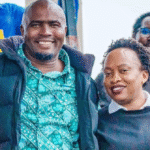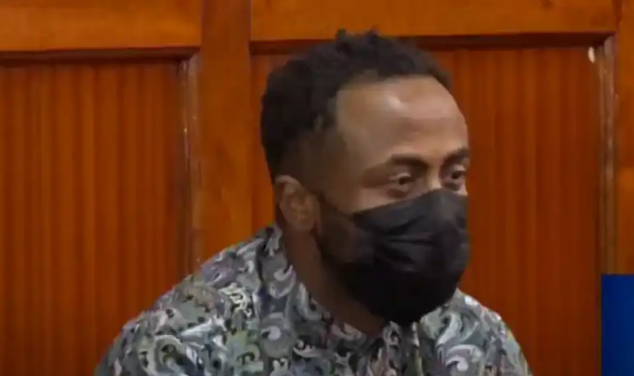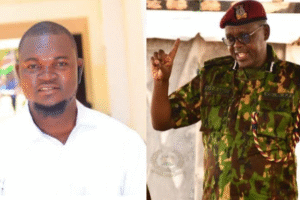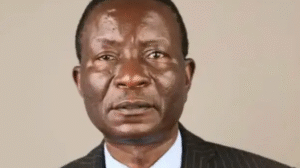High Court Judge Chacha Mwita has denied the request to allow Joseph “Jowie” Irungu, a convicted murderer, to attend his father’s funeral today at Nakuru South Cemetery.
Irungu, who had been sentenced to death for the murder of Monicah Kimani, will not be able to say his final goodbyes to his father, Julius Irungu, who passed away from cancer on June 15.
This ruling stands in stark contrast to a precedent set earlier this year.
In February, High Court Judge Lawrence Mugambi issued a landmark ruling that affirmed the rights of prisoners and detainees to attend the funerals of close family members.
Judge Mugambi emphasized that prisoners should be treated humanely, which includes being allowed to participate in significant family events such as funerals, unless there are compelling reasons to deny such requests.
Judge Mwita’s decision, however, suggests that compelling reasons were present in this case, although specific details were not disclosed in the court’s ruling.
The refusal has sparked a significant amount of discussion, particularly among those advocating for prisoner rights and humane treatment.
It raises questions about the balance between maintaining security and upholding the rights of prisoners.
Irungu’s family, especially his mother, Anastacia Thama, has expressed profound disappointment and frustration over the decision.
Thama had offered to cover all the expenses associated with her son’s temporary release, underscoring the family’s willingness to comply with any conditions set by the authorities to facilitate his attendance at the funeral.
Her efforts, however, were met with silence from the office of the Commissioner General of Prisons, highlighting significant bureaucratic obstacles.
The refusal also brings to light the broader issues within the prison system regarding the treatment of inmates and their rights.
The February ruling by Judge Mugambi had been seen as a progressive step towards more humane treatment of prisoners.
It called for a re-evaluation of existing policies and practices to ensure that inmates are not deprived of their basic human rights.
However, the recent denial indicates that there is still a considerable gap between judicial rulings and their implementation.
The decision to deny Irungu’s request may have been influenced by various factors, including concerns about security and the nature of his crime.
Irungu was convicted for the high-profile murder of Monicah Kimani, a case that garnered significant media attention and public interest.
Allowing him to attend the funeral might have been perceived as a security risk or an opportunity for undue sympathy.
Despite these concerns, the case raises important questions about the rights of prisoners and the need for a humane approach to their treatment.
The balance between security considerations and the humane treatment of inmates is delicate and complex, requiring careful consideration by the judicial and prison authorities.
The decision by Judge Mwita to deny Joseph “Jowie” Irungu the opportunity to attend his father’s funeral underscores the ongoing challenges in the realm of prisoner rights and humane treatment.
While security concerns are paramount, the need to uphold the basic human rights of prisoners remains a critical issue that requires ongoing attention and action from both the judiciary and the prison administration.
The contrast between this ruling and Judge Mugambi’s earlier decision highlights the complexities and inconsistencies that can arise in the application of justice and the treatment of prisoners.





















Add Comment